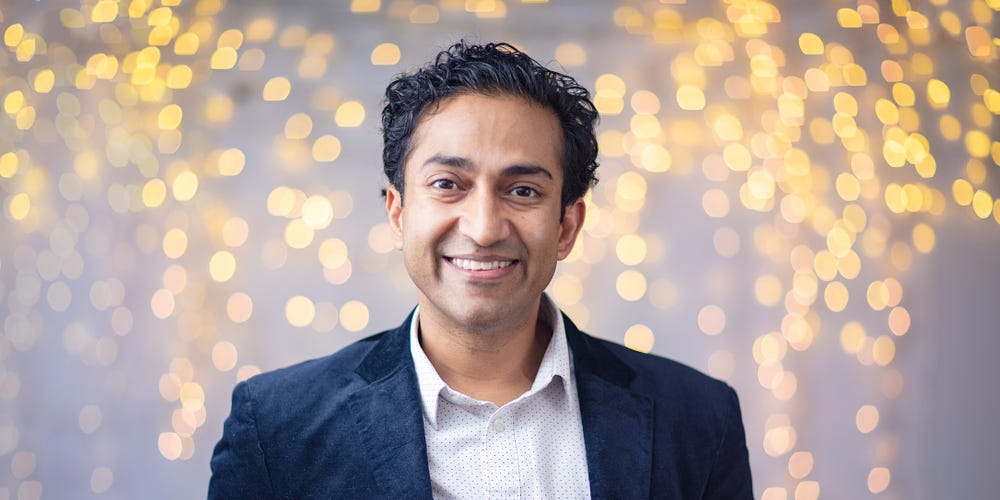Vinay Prasad is simply wrong with this idea.
While evidence and data are at the foundation of all scientific inquiry, so too are governing principles and concepts.
My first career was that of Cost Accountant. One cannot understand accounting without having a grasp of Generally Accepted Accounting Principles. One cannot appreciate all that is within the phenomenon of “costs” without an understanding of economics as well.
My second career was that of Voice and Data Network Engineer. This, too, is a profession that relies heavily on data, but one cannot understand much of the data without foundational concepts such as the OSI Seven Layer Model. One can neither design nor troubleshoot Voice Over IP systems (and I’ve done both) without having a working knowledge of the relevant Request For Comment documents—the RFCs are the documented standards for the Internet.
Similarly, we should not expect doctors to comprehend symptoms or lab test results without having an understanding of biological mechanisms that undergird all life. The renowned Greek physician Galen prioritized observation in his medical practice, and yet he still misapprehended and misunderstood many of the body’s basic systems. Observation and evidence did not dispel Hippocratic humoral theories of disease, and wouldn’t until the work of Louis Pasteur and others established germ theory as a basis for understanding infectious disease.
If a person does not have a firm foundation in basic principles, evidence will not lead him in a sound direction. The foundation must be built first. In medicine, that foundation is biology, chemistry, and similar sciences.
Dive into your interests
We'll recommend top publications based on the topics you select.


